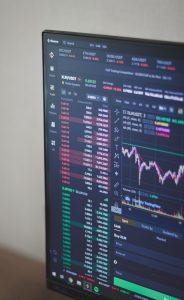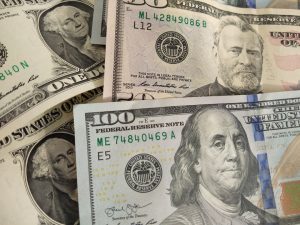Forex trading has become increasingly popular in recent years, as more and more people are looking for ways to make money from the comfort of their own homes. However, with the potential for significant profits comes the responsibility to pay taxes on these gains. In this article, we will delve into the details of when you are responsible to pay taxes on forex gains.
Forex trading involves buying and selling currencies, with the aim of making a profit from fluctuations in exchange rates. When you make a profit from forex trading, it is considered taxable income by the Internal Revenue Service (IRS) in the United States. This means that you are required to report your forex gains on your tax return and pay taxes on them.
The tax rate you will pay on your forex gains will depend on several factors, including your income tax bracket and how long you held the investment. If you held the investment for less than a year, your forex gains will be taxed at your ordinary income tax rate. If you held the investment for more than a year, your forex gains will be taxed at the long-term capital gains tax rate, which is generally lower than the ordinary income tax rate.
It is important to keep accurate records of your forex trades, including the date of purchase, the date of sale, and the amount of profit or loss. This will make it easier to calculate your taxes accurately and avoid any potential issues with the IRS.
In addition to paying taxes on your forex gains, you may also be required to pay taxes on any interest earned on your forex account. This interest is considered taxable income and must be reported on your tax return.
If you are trading forex as a business, rather than as a hobby, you may be eligible for certain deductions that can reduce your tax liability. These deductions can include expenses related to your forex trading, such as internet and phone bills, trading software, and education and training expenses.
It is important to note that tax laws and regulations vary by country, so it is important to consult with a tax professional in your jurisdiction to ensure that you are complying with all applicable tax laws.
In conclusion, if you are making profits from forex trading, you are responsible for paying taxes on those gains. It is essential to keep accurate records of your trades and consult with a tax professional to ensure that you are complying with all applicable tax laws. By doing so, you can avoid potential issues with the IRS and ensure that you are paying your fair share of taxes on your forex gains.





